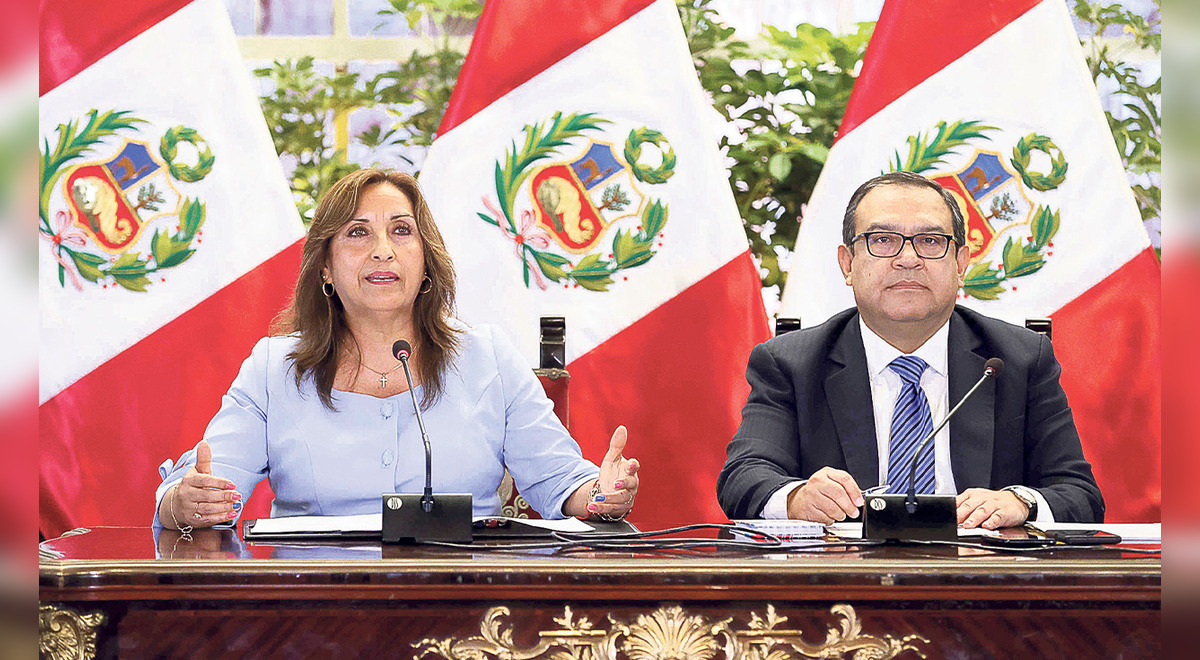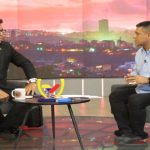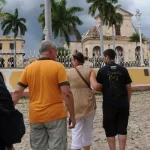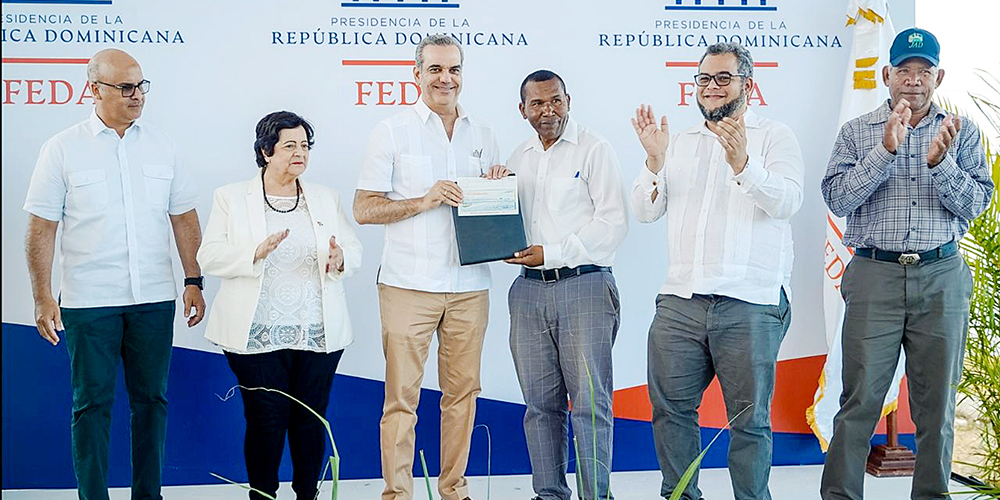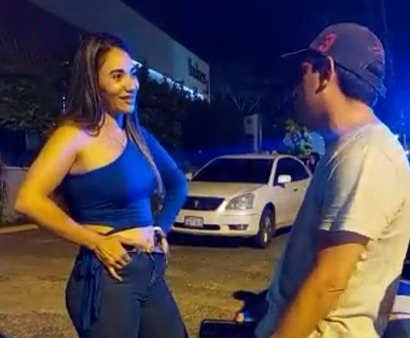Dina Boluarte and Alberto Otárola, investigated for the alleged crimes of genocide and qualified homicide, they will be placid in their next proceedings before the Public ministry.
A decision of the supreme judge Juan Carlos Checkley allows the Executive duo to answer only the questions of his defense and the prosecutor in charge.
The defenders of the State, represented by the attorney, as well as the lawyers for the victims, will limit themselves to contemplating the scene. They are prevented from questioning.
Cross-examination has been vital in past preliminary proceedings. The emblematic cases of Alberto Fujimori and Vladimiro Montesinos had active participation of the attorneys. This is confirmed by Luis Vargas Valdivia, who was a prosecutor in both investigations. He remembers having participated when the former dictatorship adviser was captured in June 2001. “We could ask, of course yes”, He responded when La República consulted him about his intervention.
For Boluarte and Otárola it will be different. On March 10, the Power of attorney declared founded, in part, the protection of rights filed by the Attorney General’s Office in the investigation of the president and the prime minister.
In the document, Supreme Justice Checkley quoted the Code of Criminal Procedure: “(There) a prohibition or the participation of the aggrieved during the statements in preliminary or preparatory headquarters is not expressly regulated.” It also specified that article 8, paragraph 3 lists the parties empowered to question the accused: the prosecutor and the defense attorney.
They criticize the decision
Carlos Rivera, a lawyer from the Institute for Legal Defense (IDL), and Miguel Jugo, assistant secretary of the National Human Rights Coordinator (CNDDHH), oppose the position of the Power of attorney.
For Rivera, Checkley’s ruling is not only an “extremely formal interpretation” but signifies a setback “because something that was already being done is being prevented from being done.”
Although two procedural models coexist in the country (the Criminal Procedure Code of 1940 and the aforementioned Criminal Procedure Code of 2004), Rivera comments that history “of the investigation into crimes against human rights assumes that it is a dynamic of a progressive nature.”
To Vargas Valdivia it seems like a “contrasent” because if checkley stick to the doctrine that the civil party does not know, the attorneys would be absent. On the other hand, if it were based on the jurisprudence that considers the lawyers of those affected inclusive, cross-examination would be enabled. “If one authorizes them to be present, it is for them to participate, not for them to be witnesses,” he says.
Jugo thinks that the people involved should prove their version. Both the Prosecutor’s Office, as well as the lawyers for the civil party and the State they would have to answer about their participation in the investigations.
But the cross-examinations can only be made by the representatives of the Public ministry, without authorization to the lawyers of the victims.
Vargas Valdivia confirms that currently “prosecutors do intervene in the statements of those investigated at a preliminary level.” It could then be suggested that it is a political exception of the Judiciary.
In the Prosecutor’s Office the picture is not much better. As published by La República, the institution chaired by the National Prosecutor, Patricia Benavides, investigated by the National Justice Board, it dismantled specialized human rights offices to prioritize new terrorism units.
“Although the Executive and Congress can do tricks, there are bodies like the PJ and the Public Ministry called to control. I have the feeling that now they are all-encompassing powers that have no control”, concludes Miguel Jugo.
Vital attorneys in the Fujimori-Montesinos case
When the investigations against Alberto Fujimori and Vladimiro Montesinos began, governed the Code of Criminal Procedures (1940).
Said document precedes the Universal Declaration of Human Rights (1948), vital in international matters, for which reason a leading role of the party was not established. wronged nowhere in the code.
The Criminal Procedure Code was only published in 2004. Even so, according to Rivera, in the first During the proceedings, the state attorneys and the lawyers of the human rights NGOs “were discovering their relevant role.”
In 2001, when Montesinos is captured in Venezuela and returned to Peru, the past attorney Luis Vargas Valdivia remembers asking him questions together with his colleague at the time José Ugaz.
